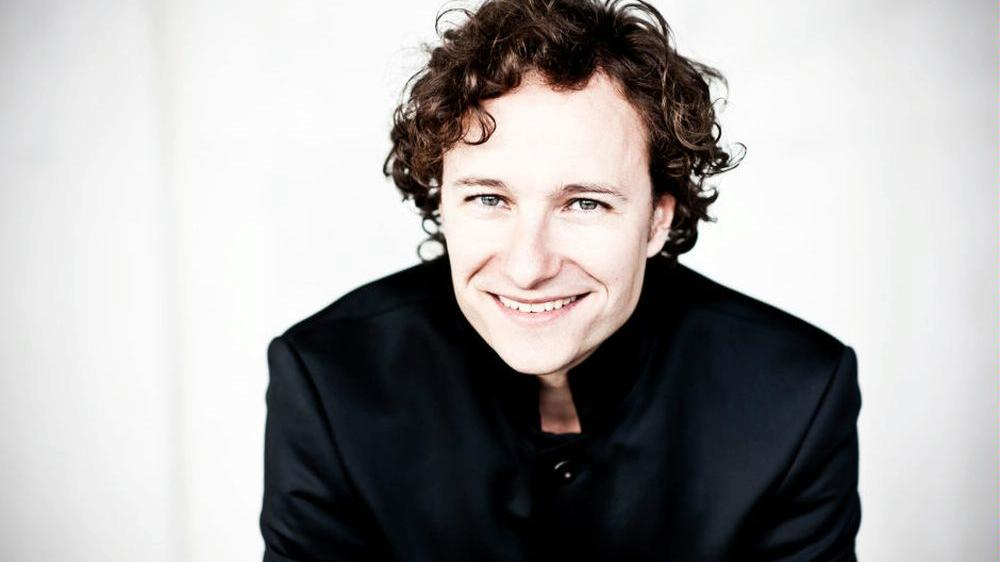"Eroica Symphony, composed to celebrate the memory of a great man": this inscription added under the title of Symphony No. 3 by Eroica Symphony by L. van Beethoven speaks volumes of the piece that marks a breakthrough in music history. The pioneering value of the symphony lies in the fact that with it, Beethoven transcended his time. "I am not very satisfied with my work thus far; from this day on I will forge a new path," wrote Beethoven in a letter to his friend Wenzel Krumpholz in 1802. With Eroica, he entered a completely new world, which makes a great impression on listeners to this day. What makes it all the more unique is the story behind it. Beethoven began working on the Symphony as a staunch Republican who hoped Napoleon would carry out a successful revolution and who saw him as an embodiment of freedom, equality and brotherhood. Eroica was intended to be a piece about Napoleon. But then it also came to reflect Beethoven's short temper, which is corroborated in many accounts and especially by his music. On learning that Bonaparte had declared himself emperor, the composer cried out in rage: "Is he then also nothing than an ordinary human being? Now he too will trample on all the rights of men and indulge only his ambition... He will become a tyrant!" At that, he violently crossed out Bonaparte's name from the score (making a hole in it in the process), and rededicated his work to simply the memory of a hero. The subtitle may well be taken to mark the composer's symbolic parting with the French statesman. No other work by the composer makes for a better start on a discovery of Beethoven's magnificence than Eroica. Noble in tone, it is filled with pathos and dramatic turns that build up towards a grand finale.
On the day of the concert, the role of ambassador of Beethoven's music will be assumed by the composer's compatriot, the outstanding German pianist Martin Helmchen accompanied by the Poznań Philharmonic Orchestra conducted by Marek Pijarowski. In Helmchen's interpretation, we will hear the Piano Concerto No. 3 in C minor Op. 37 that is closely intertwined with the composer's life. He wrote it at the time when his progressive hearing loss bore down on him relentlessly becoming his daily challenge and struggle for the rest of his life. In the piece, musicologists specialising in the interpretation of Beethoven's music detect emotions associated with his advancing deafness - mournfulness, resentment and hesitance that snuffed out every bit of hope he had left, eventually leaving Beethoven resigned to failure. The concerto is also a breakthrough piece. For the first time in the history of instrumental concerts, it lifts the orchestra from its subordinate position. The orchestra is elevated to the status of the piano and made to actively help build up the music and at times even dominate the solo part.
I view Beethoven's music is an example of the Viennese classics that best appeals to the modern-day listener. It brings together bold harmony, perfect form and powerful emotions. The latter are key in Beethoven's work, which influenced not only the entire musical scene of the nineteenth century but also the music of later artists and periods. Without a doubt, Beethoven deserves to be called a contemporary artist.
Aleksandra Kujawiak
translation: Krzysztof Kotkowski
Inauguration of the Beethoven - Our Contemporary series
10 January, 7pm
Adam Mickiewicz University Auditorium
admission: PLN 20-65
© Wydawnictwo Miejskie Posnania 2020


